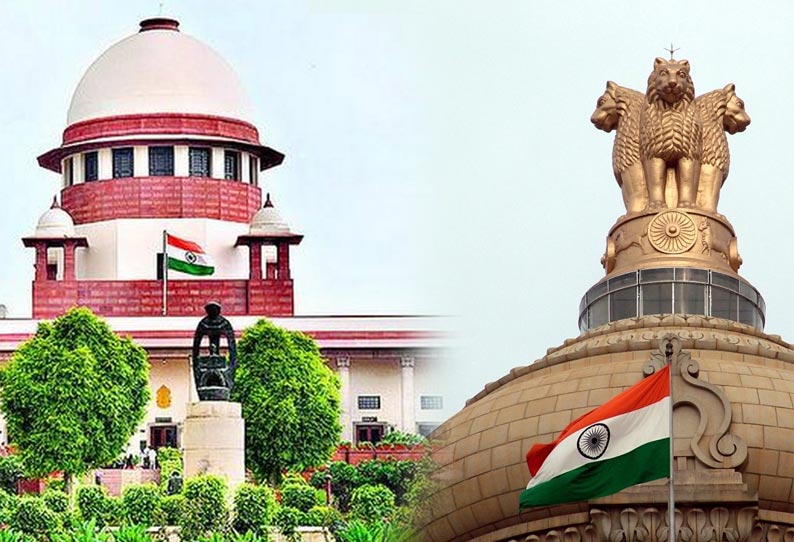In a significant ruling with wide-reaching implications, a nine-judge Constitution bench of India’s Supreme Court debated whether the State can exercise control over privately held property or resources under Article 39(b) of the Constitution, focusing on the concepts of sustainable development and intergenerational equity.
Chief Justice of India Dhananjaya Y Chandrachud, leading the bench, emphasized the importance of constitutional ethos, noting that the Constitution was designed with principles that promote social transformation. The court addressed a critical question: Can privately held property be considered “material resources of the community” under Article 39(b)? Chief Justice Chandrachud warned against the “dangerous” notion that privately owned property is immune from State control, pointing to examples like airwaves, mines, forests, and water, which may serve societal interests despite private ownership.
The court reviewed a set of cases from Maharashtra where property owners in Mumbai contested the state’s introduction of Chapter VIII-A to the Maharashtra Housing and Area Development Act (MHADA) in 1986. The legislation allowed the State to acquire dilapidated properties constructed before September 1, 1940, citing public interest and the common good. While the State leaned on Article 39(b), the property owners argued that private property should not fall under “material resources of the community.”
The bench discussed the broader implications of the issue, suggesting that the concept of property has evolved beyond rigid capitalistic or socialist frameworks. It also agreed to expand the scope of the case to explore whether the MHADA Act should benefit from “safe harbour” protection under Article 31C of the Constitution, which safeguards certain laws from challenges on the grounds of violating Articles 14 and 19. This raised questions about the stability of constitutional principles, given that a 1978 amendment extending Article 31C to all Directive Principles was struck down by the Supreme Court in 1980.
This case could impact about 19,000 properties in Mumbai, where the State, under MHADA, only needs to pay 100 times the monthly rent to acquire ownership of a building. Property owners contest the legality of this action, arguing that it disregards their rights while the State aims to address public interest through redevelopment and reform.
The bench’s decision could influence the interpretation of property rights and state control over material resources, shaping the balance between private ownership and public good. As the case continues, further arguments and discussions are expected to refine the court’s perspective on these complex issues.






